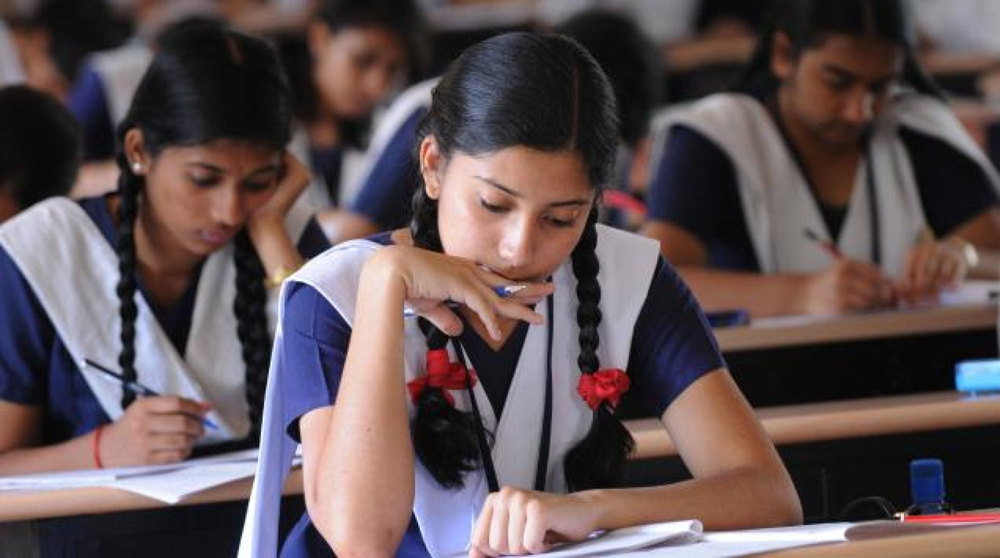In early October, the World Bank released its first Human Capital Index (HCI). India didn’t quite measure up. By the benchmarks of the index, we performed below where our per capita GDP would suggest. Most galling for our government was the fact that Bangladesh was ahead of us on this ranking.
The HCI* “measures the amount of human capital that a child born today can expect to attain by age 18. It conveys the productivity of the next generation of workers compared to a benchmark of complete education and full health.” By the World Bank’s measure, the average Indian child of today will perform to only 44% of his or her capacity as an adult, due to deficiencies in health, nutrition and education.
This summary conclusion calls into question the whole notion of our ‘demographic dividend’ – the idea that India will have an unusually high percentage of people in their productive years while the rest of the world ages. While the age profile will be true, and we will have one of the youngest populations in the world, productivity will be increasingly dependent on the skills acquired during the growing years.
India performs particularly poorly on education, despite the fact primary school enrolment is now close to universal. The problem is with the quality of education. The HCI asserts that even though the average Indian child will have 10.2 years of formal education, the quality of that teaching is equivalent to only 5.8 years of standard learning.
Though this number is startling when put so bluntly, we already know that the quality of our schooling is sub-standard. Since 2006, the Annual Status of Education Report (ASER)** has tracked the educational outcomes of our schools. We know, for example, that less than half of Class 5 students can read a Class 2 text; or that only 43% of Class 8 students can divide a 3 digit number by a single digit.
In 2009, India participated in the PISA test***, conducted by the OECD (Organisation for Economic Cooperation and Development). Our results, as Lance Pritchett wrote at the time, were “unspeakably bad”. Our officials muttered something about the test not being designed for developing countries, and decided not to participate again.
I don’t know whether the World Bank will agree to omit India from the next HCI, but our government has ‘rejected’ the findings of the HCI. One of the strange comments – from the Secretary for Economic Affairs – was that the index does not recognise India’s preparedness for the digital age. I completely fail to understand what he means. Visit a government school in a Rajasthan village – as I did last month, and you could well be in the 1970s – children sitting in an open verandah, one teacher supervising children across 5 age groups, a cracked blackboard, and leaky pens. There is nothing in our curriculum or teaching that uniquely prepares us for a digital age.
Further, nothing about the digital age suggests, as yet, that the workers of tomorrow will not need to be able to understand the written word, or understand the building blocks of arithmetic.
Our government’s is the attitude of a bad loser, who blames the referee. Unfortunately, the attitude has deep repercussions, with a lasting impact on the next generation of children. Both scientists and managers know that the first step to improvement of any parameter is measurement. When you reject the ruler, you are left without any basis for measuring progress.
Our government needs to recognise what our educationists and policymakers know – that our primary education is in deep distress. And quite apart from the competitive ignominy of being left behind by Bangladesh is the human disaster of not preparing our children for a meaningful, productive future.
*http://databank.worldbank.org/data/download/hci/HCI_2pager_IND.pdf
**https://www.livemint.com/Education/WgtUkpjlzUPGhMMTgepGQM/One-in-two-Indian-students-cant-read-books-meant-for-two-cl.html
***https://blog.theleapjournal.org/2012/01/first-pisa-results-for-india-end-of.html
Post Disclaimer
The opinions expressed in this essay are those of the authors. They do not purport to reflect the opinions or views of CCS.





